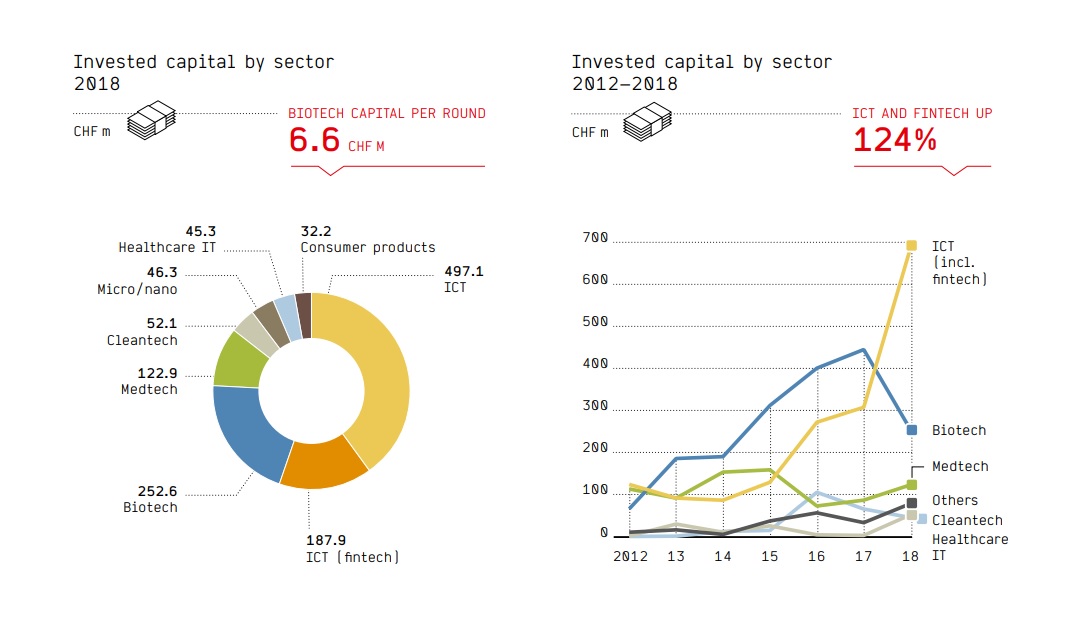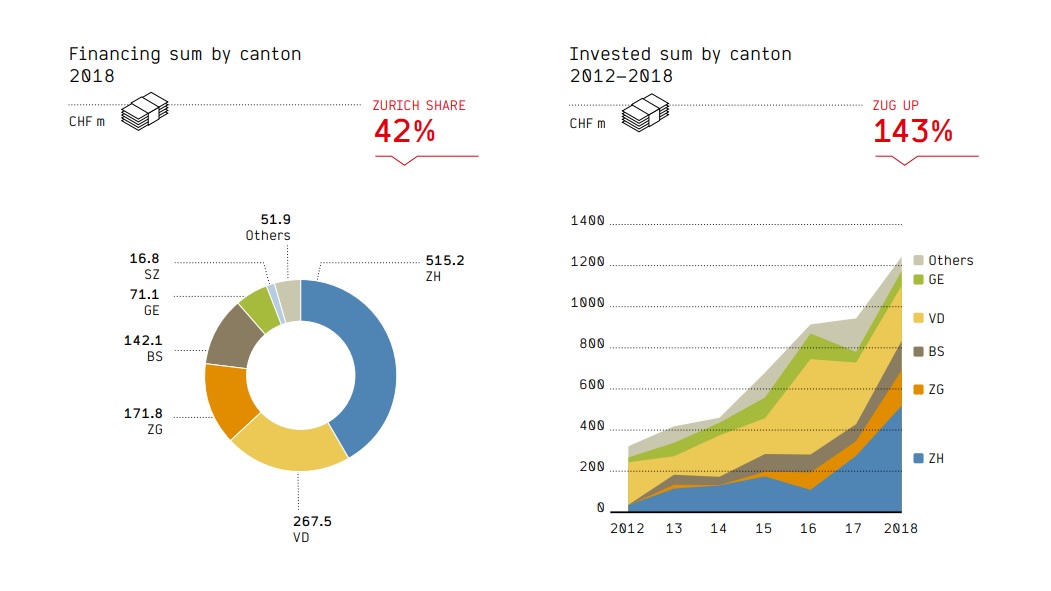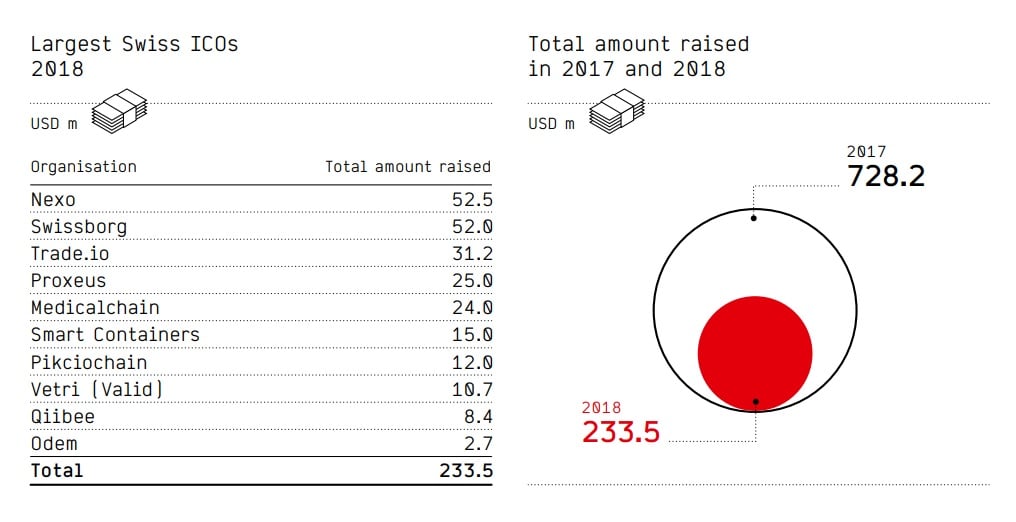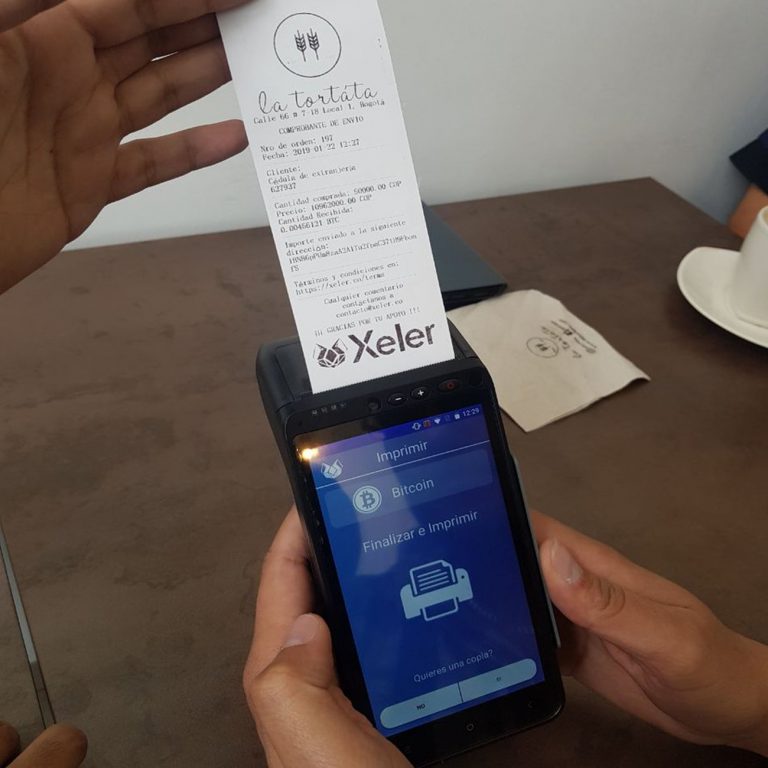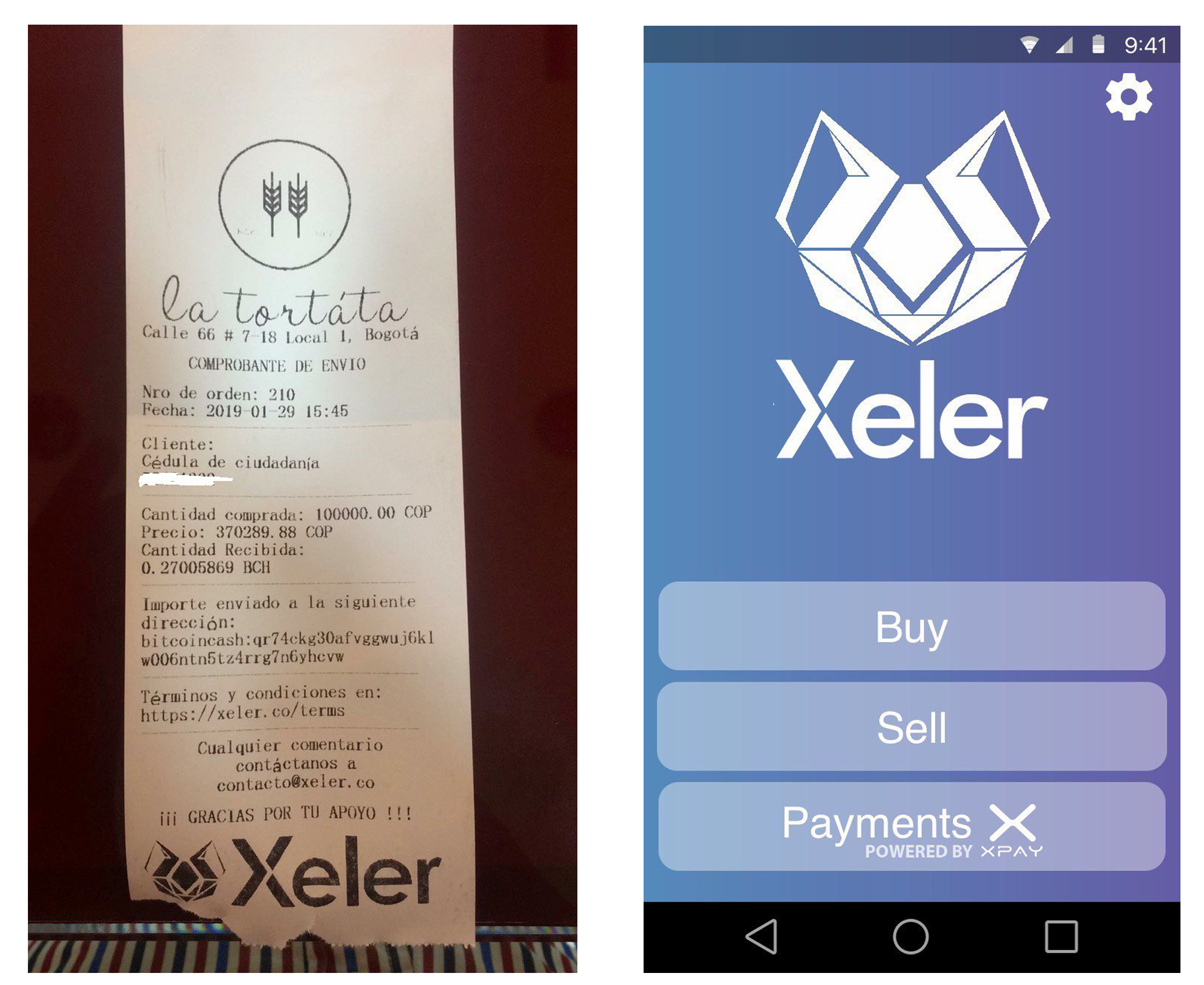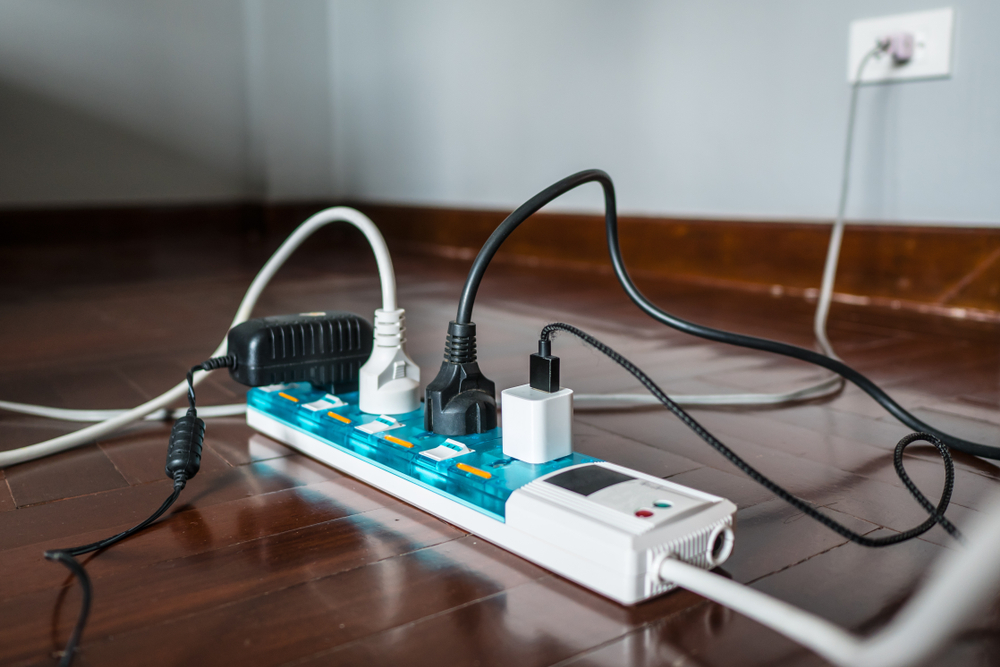
This is a paid press release, which contains forward looking statements, and should be treated as advertising or promotional material. Bitcoin.com is not responsible for or liable for any content, accuracy or quality within the press release.
aXpire.io is proud to announce the launch of its AXPR Prime program, which is a loyalty program for HODLERS of at least 250,000 AXPR. Members of the program receive a number of benefits, including:
- Free entry into weekly 10,000 AXPR Prime contests.
- 1 chance to win per 250K AXPR.
- Early-access to new aXpire products and initiatives.
- 1 free promoted listing on MatchBX.io per quarter.
- once launched – 1 per 250K AXPR.
- AXPR Prime Member verified user badge on MatchBX.io.
- once launched – 1 per 250K AXPR.
- AXPR Prime Member exclusive flair on the aXpire subreddit.
- Exclusive access to any potential airdrops from aXpire accelerator clients.
- Exclusive access to the new private AXPR Prime telegram group.
- Exclusive access to the new aXpire newsletter for AXPR Prime members.
- Ability to submit questions for the monthly public aXpire Q&A.
- Ability to submit questions for public aXpire podcast guests.
- Priority story submissions for aXpire’s Family Office Network newsletters.
8.5M AXPR (~2.5% of the total supply) is already a part of the HODL program! HODLERS include the team and Bitcoin.com’s Roger Ver / Mate Tokay!
In return for these benefits, AXPR Prime Members sign up to HODL at least 250,000 AXPR for 1 year, which in turns benefits themselves (through “emotional alpha” – HODL through turbulent times) and the broader community. Those looking to become AXPR Prime Members need to sign up for a MetaMask wallet and go to our HODL smart contract interface website: https://hodl.axpr.io/.
For more details on the program, please read our earlier Medium post here: http://bit.ly/2Tnyih6
We have also launched a related program to help empower our community to act as commissioned sales people, known as the aXpire Ambassador Program. Any introductions that lead to the sales of Resolvr will earn our Ambassadors ~$15,000 and a free AXPR Prime membership.
In the final piece of exciting news, aXpire is proud to announce its listing on CoinExchange.io, a leading cryptocurrency altcoin exchange. AXPR is proud to join the ranks of top altcoins listed on the platform, and has a BTC / ETH pair:
https://www.coinexchange.io/market/AXPR/BTC
https://www.coinexchange.io/market/AXPR/ETH
Press Contact Email Address
mm@axpire.com
Supporting Link
https://axpr.io/
This is a paid press release. Readers should do their own due diligence before taking any actions related to the promoted company or any of its affiliates or services. Bitcoin.com is not responsible, directly or indirectly, for any damage or loss caused or alleged to be caused by or in connection with the use of or reliance on any content, goods or services mentioned in the press release.
The post PR: aXpire.io Updates – AXPR HODL Initiative and CoinExchange.io Listing appeared first on Bitcoin News.
from Bitcoin News http://bit.ly/2D9r75x PR: aXpire.io Updates – AXPR HODL Initiative and CoinExchange.io Listing













